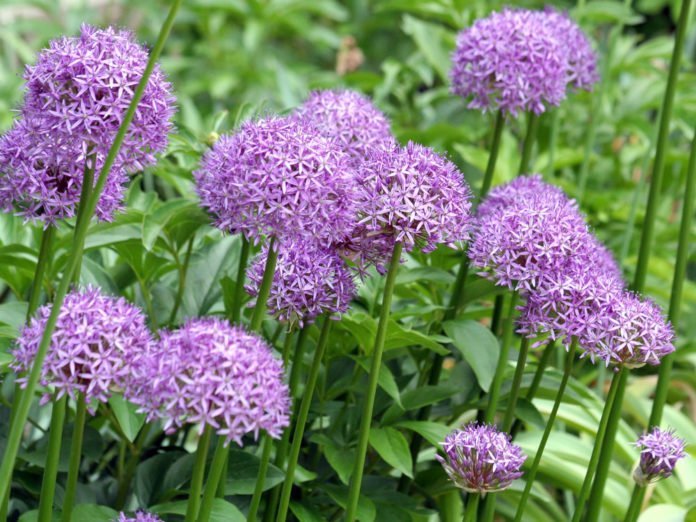Specialists trust the antibacterial properties removed from the Persian shallot could build the impacts of existing anti-toxin treatment.
The examination, distributed in Scientific Reports, was led by Dr Sanjib Bhakta of Birkbeck, University of London and UCL’s Professor Simon Gibbons, who worked with a group of researchers from Birkbeck, UCL, the University of Greenwich, the University of East London and Royal Free Hospital.
At the point when a patient has a bacterial disease, they might be endorsed an anti-microbial. On account of TB, they will probably be endorsed a mixed drink of four anti-toxins including Isoniazid and Rifampicin – however progressively, the pathogens in bacterial diseases are creating protection from anti-toxin drugs.
This implies the medication loses its capacity to successfully control or murder unsafe microbes, and is allowed to develop and make additionally harm the patient which, can be passed along to the populace on the loose. Along these lines, there is a squeezing need to grow new classes of antibacterials to battle anti-microbial protection, which this examination may help advance.
The group examined concentrates of knobs from Allium Stipitatum – otherwise called the Persian shallot and utilized as a staple piece of Iranian cooking – and its antibacterial impacts. They combined the substance mixes show in these plants keeping in mind the end goal to better comprehend and upgrade their antibacterial potential.
They tried four diverse orchestrated exacerbates, all of which demonstrated a critical decrease within the sight of the microscopic organisms in the multidrug-safe tuberculosis – the most encouraging applicant of which, with most astounding helpful list, hindered the development of the separated TB cells by over 99.9%.
The group presumed that the substance mixes may function as formats for the disclosure of new medication treatment to battle strains of tuberculosis, which have already created protection from hostile to bacterial medications.
Dr. Bhakta said, “Despite a concerted global effort to prevent the spread of tuberculosis, approximately 10 million new cases and two million deaths were reported in 2016. As many as 50 million people worldwide are currently infected with multi-drug resistant TB, which means it’s vital to develop new antibacterials.”
“In searching for new antibacterials, we tend to focus on molecules that are potent enough to be developed commercially as new drug entities by themselves. However, in this study we show that by inhibiting the key intrinsic resistance properties of the TB, one could increase the effects of existing antibiotic treatment and reverse the tide of already existing drug resistance.”
Normal items from plants and microorganisms have huge potential as a wellspring of new anti-microbials. Nature is an incredibly innovative scientific expert and it is likely that plants, for example, the Persian shallot deliver these chemicals as a safeguard against organisms in their condition. Dr Bhakta and I will commit our examination to finding new anti-toxins and seeing how they work. We trust that nature holds the key for new anti-microbial chemotypes.
